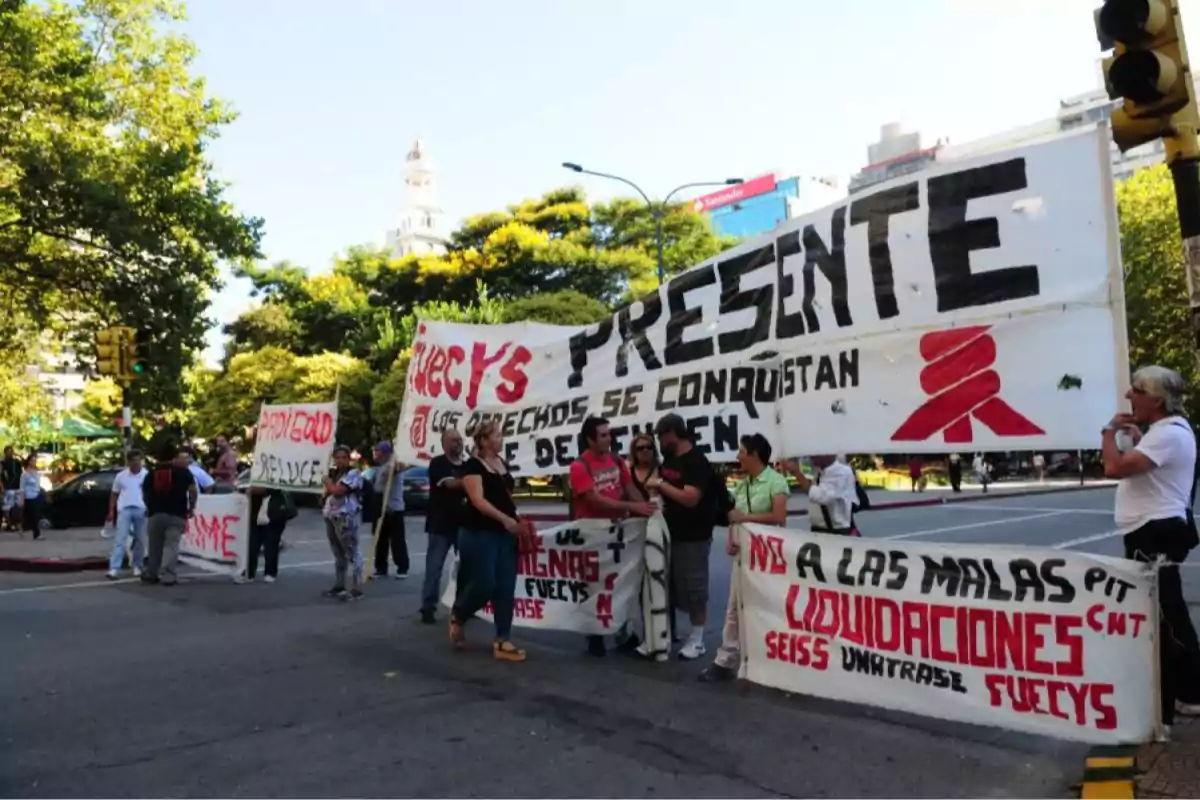
The Ministry of Labor must be shut down: a stronghold of unemployment and unionism
The policymakers' and unionists' wet dream: directing investment and labor from the comfort of the State's armchair
In Uruguay, the Ministry of Labor and Social Security (MTSS) is one of those state structures that no one dares to question for fear of political anathema. However, if we analyze its performance with brutal honesty, it becomes evident that it is not a tool for social justice, but rather a machine of economic stagnation, unemployment, and union privilege. Instead of facilitating work, it makes it more expensive. Instead of protecting the worker, it protects the professional unionist. Most seriously, it constantly interferes in business decisions, weakening contractual freedom, which is the true engine of employment.
Behind its technocratic façade, the MTSS represents the fetish of Uruguayan statism: the idea that everything must be regulated, mediated, and monitored. However, in practice, it only manages to discourage private investment, make hiring more difficult, and reinforce an untouchable union caste. The Ministry acts, in effect, as the bureaucratic arm of PIT-CNT.
Three examples that should outrage any liberal
1. The case of the Port of Montevideo and authorized union blackmail
In 2023, during the conflict at the Port of Montevideo between port workers and the company Katoen Natie, the MTSS intervened repeatedly in favor of the union, even when it paralyzed strategic operations affecting exports and imports for the entire country. The "negotiation" was nothing more than extortion with ministerial backing: the company was forced to back down on internal decisions under threat of further strikes and blockades. Where was business freedom? Who protects the investor who complies with the law but faces unpunished chaos?
You may also be interested in this article about Mujica's historical ties with the military regime, a controversial look at the official narrative of the 1970s.
2. The MontevideoGas case: a company ruined by union and state politicization
MontevideoGas, a subsidiary of Petrobras, left Uruguay in 2020 after years of sustained losses, union sabotage, and conflicts encouraged by the Ministry itself. The Uruguayan government, far from supporting the company that maintained the service, endorsed illegal occupations and protected radicalized unionists. The result: an energy giant left, jobs were lost, and the service was nationalized. The MTSS played a key role in this ideologically driven business suicide.
3. The case of Supermercados Ta-Ta: a business witch hunt disguised as a labor dispute
In 2023, the supermarket chain Ta-Ta faced a series of strikes, occupations, and blockades promoted by its union, in an escalation of pressure that included public shaming and media accusations. What triggered it? The company had reorganized internal functions and dismissed some workers, as any private company seeking efficiency would do. However, the MTSS intervened quickly, not to defend the freedom of business management, but to summon parties to forced conciliations, mediate "conflicts" where there were none, and even issue public judgments on the company's decisions. In other words, the Ministry acted as prosecutor of the employer. The message was clear: if you hire people in Uruguay, the State reserves the right to judge whom you dismiss, how you do it, and for what reasons.
What is this ministry for?
The MTSS doesn't create jobs, doesn't produce wealth, doesn't improve productivity. What it does do with admirable consistency is block change, freeze labor relations, reinforce vertical union structures, and make any attempt to modernize the labor market more difficult.

In a country where 1 in 4 workers is in the informal sector, and where young people can't access their first job because no one wants to risk hiring them formally, maintaining a Ministry like this is directly immoral.
You may also be interested in this visual analysis of how social democracy is expressed in everyday life, a critique from urban culture of the promises of progressivism.
The solution is not to reform it: it is to close it. Let workers negotiate freely with their employers. Open the door to flexible forms of hiring, to new labor models, and to a culture of individual responsibility, not state tutelage.
Labor freedom doesn't need a biased referee: it needs fewer obstacles and more trust in voluntary agreements. Uruguay will not grow with more inspectors or more tripartism: it will grow when it dares to free itself from its ministerial bondage to barricade unionism.
More posts: